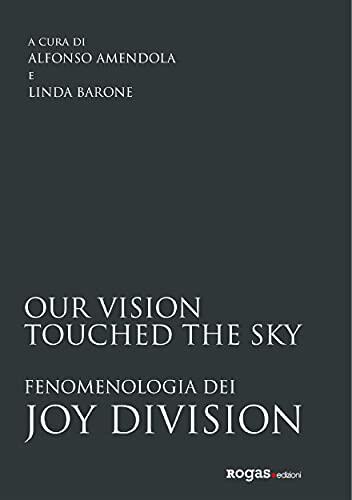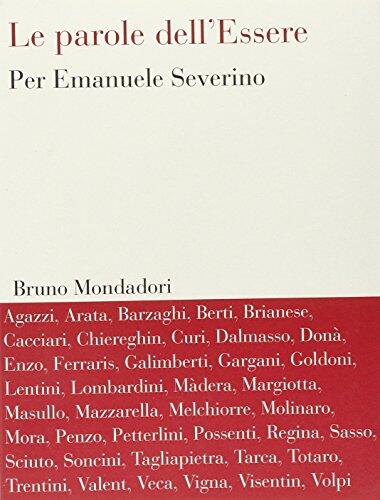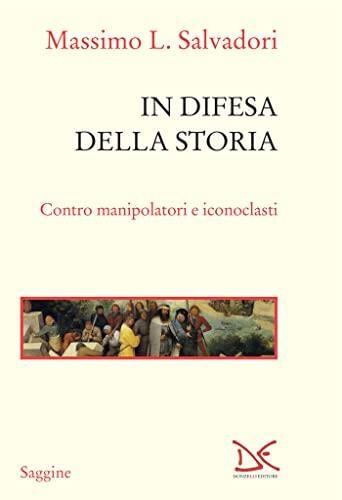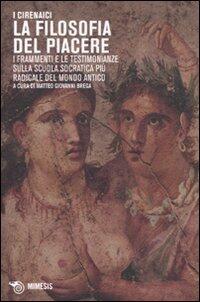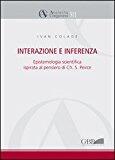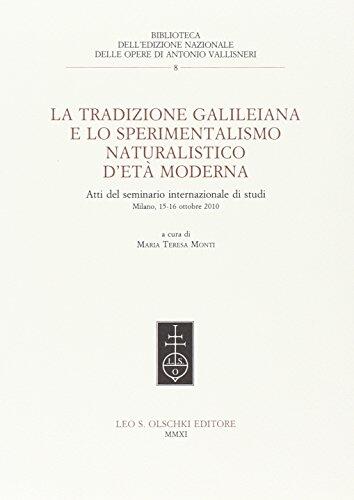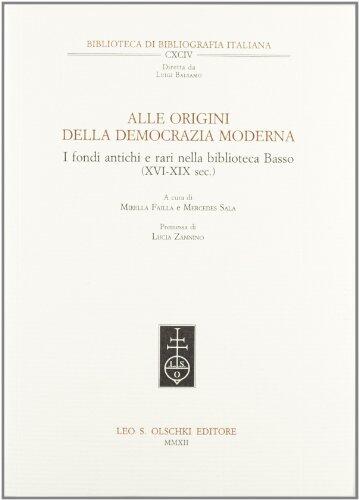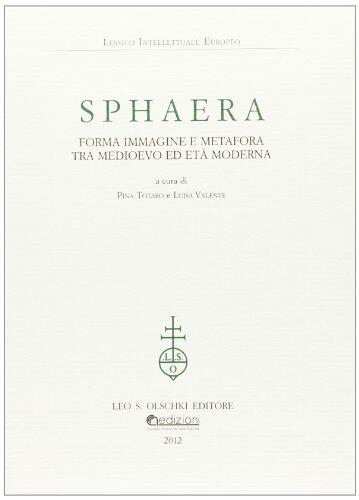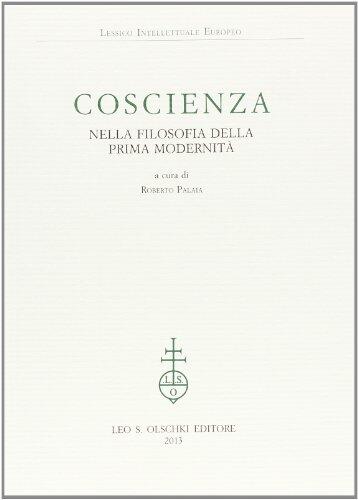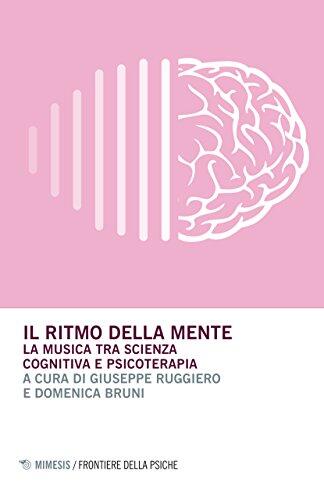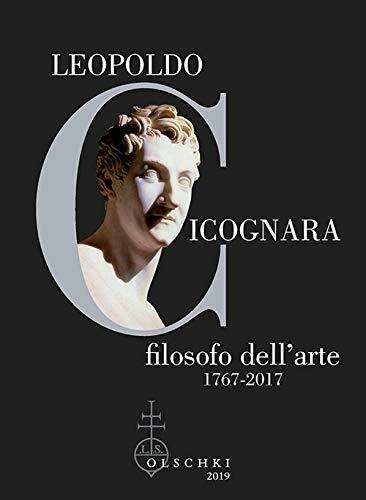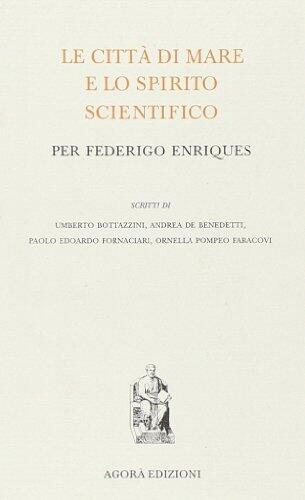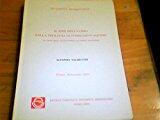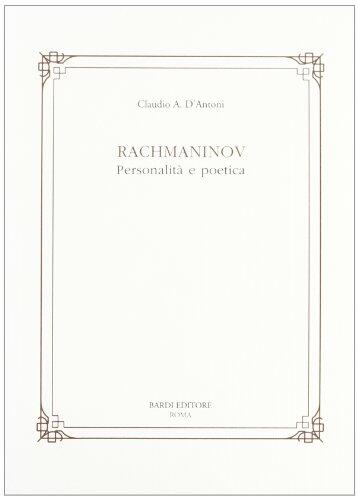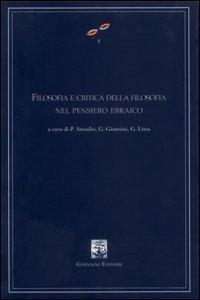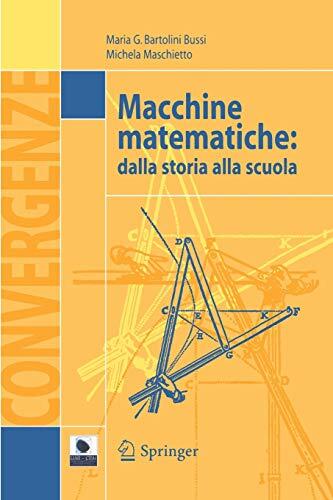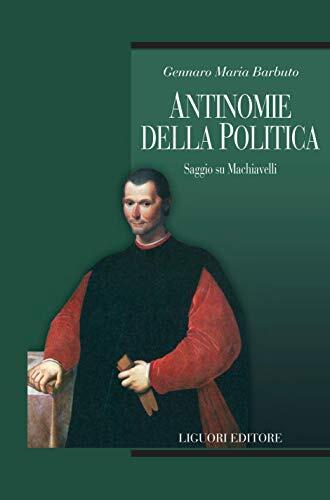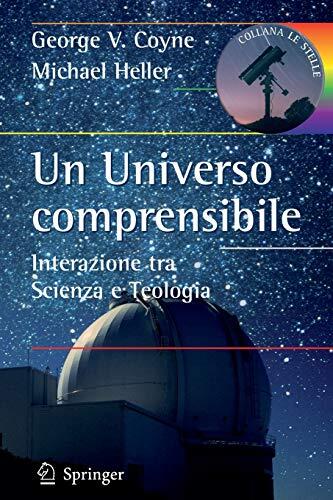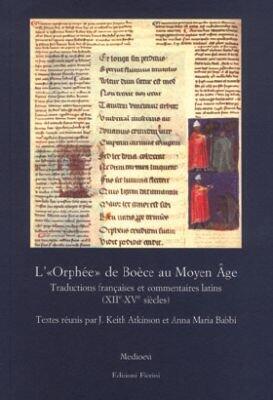
L' Orphée De Boèce Au Moyen Âge: Traductions Françaises Et Commentaires Latins, Xiie-xve Siècles
by
B. M. (béatrice M.) Atherton
No ratings yet
Philosophy
Format
Paperback
Pages
258
Language
Italian
Published
Jan 1, 2000
Publisher
Fiorini
ISBN-10
8887082049
ISBN-13
9788887082043
Description
This scholarly work delves into the intricate relationship between Boethius's "Consolation of Philosophy" and its influence during the Middle Ages, particularly from the 12th to the 15th century. It brings together various French translations and Latin commentaries that emerged in this vibrant period, showcasing how Boethius's themes resonated with medieval thinkers and writers.
The author meticulously collects and analyzes these texts, providing invaluable insights into the intellectual landscape of the time. Each translation and commentary is not only a reflection of how Boethius's ideas were interpreted but also an exploration of broader philosophical currents that shaped medieval thought. The connections drawn between these works unveil a tapestry of cultural and intellectual exchange prevalent in the era.
Atherton's expertise sheds light on the ways in which Boethius's ideas were re contextualized to address the existential concerns of medieval society, making this a vital resource for scholars and students of medieval philosophy and literature. Ultimately, the book encapsulates a significant chapter in the history of ideas, illustrating the enduring legacy of Boethius through the lens of medieval commentators and translators.
The author meticulously collects and analyzes these texts, providing invaluable insights into the intellectual landscape of the time. Each translation and commentary is not only a reflection of how Boethius's ideas were interpreted but also an exploration of broader philosophical currents that shaped medieval thought. The connections drawn between these works unveil a tapestry of cultural and intellectual exchange prevalent in the era.
Atherton's expertise sheds light on the ways in which Boethius's ideas were re contextualized to address the existential concerns of medieval society, making this a vital resource for scholars and students of medieval philosophy and literature. Ultimately, the book encapsulates a significant chapter in the history of ideas, illustrating the enduring legacy of Boethius through the lens of medieval commentators and translators.
Reviews
Reading Log
No reading logs found
Start tracking your reading progress to see logs here
Add Your First Reading LogNotes
Transaction Log
No transaction logs found
Start tracking your book transactions to see logs here
Add Your First Transaction Log